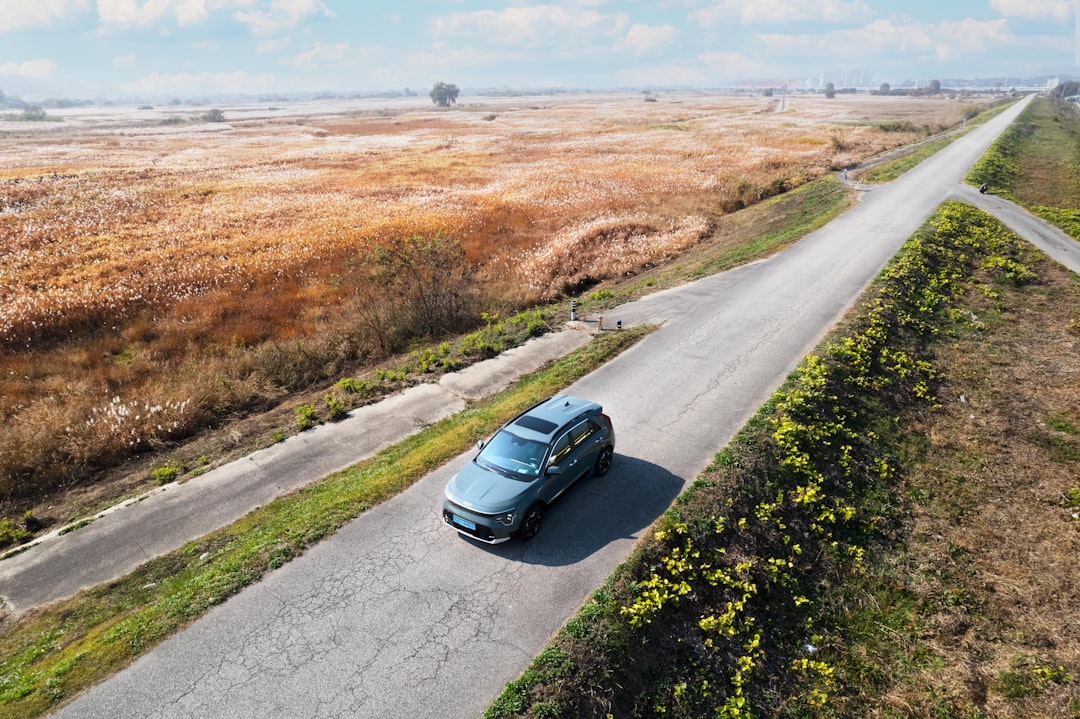|
IN BRIEF
|
In the world of cycling, choosing the ideal men’s bike can seem like a challenge with the multitude of options available. Whether for daily commutes, twisty road rides or off-road adventures, each type of bike meets specific needs. Analyzing the essential characteristics such as the type of practice, the size of the frame, as well as the weight and materials of the bike is essential to make the right choice. In this buying guide, we’ll help you navigate the different models so you can find the bike that perfectly suits your lifestyle and aspirations.
Choosing the right bike can be a complex task, but it is essential to ensure enjoyment and comfort during your rides. Whether you’re a casual cyclist, an avid competitor, or simply looking for a convenient way to get around, this buying guide offers tips for selecting the ideal bike based on your needs, lifestyle, and personal preferences .
Determine the type of practice
The first criterion to evaluate is the type of practice you are considering. The possibilities are varied: road bike, Mountain biking, urban bike, touring bike and many others. Each type of bicycle is designed for a specific use and has different technical characteristics.
For short daily journeys in urban areas, a city bike is recommended, with a comfortable frame and often a gear system suitable for asphalt roads. If you like them walks on roads and paths, a hybrid bike or a touring bike will suit you, offering good versatility. For lovers of thrills and challenges, the Mountain biking is designed to tackle rough terrain.
Analyze hardware and components
The choice of materials can significantly influence the weight, durability and performance of your bike. The executives in aluminum are often preferred for their lightness and strength, while those in carbon offer superior aerodynamic performance, but at a higher cost. THE wheels and the tires must also be taken into account. Road bikes typically use 700c wheels with very thin tires to reduce ground resistance.
Comfort and fit
A bike must adapt to your body shape. The size of the frame is a crucial point to consider. To choose the ideal size, there are size guides that will help you find the right fit. A frame that is too small or too large can cause pain or injury. Check out resources like this fit guide to refine your choice.
Essential accessories
Depending on your type of practice, certain accessories can also be very useful. For a road bike, consider investing in a good helmet, front and rear lights as well as a bike computer to track your performance. If you opt for a mountain bike, mudguards and a bottle cage will also be valuable additions to improve your experience.
Study the quality-price ratio
The price of a bike can vary enormously depending on the brand and model. It is important to define a budget while keeping in mind that quality must take precedence over price. Entry-level bikes are often sufficient for occasional use, while high-end models, such as racing bikes, can justify their high price with increased performance.
Test before buying
Opinions and recommendations are valuable, but nothing replaces the driving experience. Before finalizing your purchase, try several models. Many bike shops offer tests. This will allow you to evaluate the comfort and maneuverability of each model. You will thus be able to make an informed choice adapted to your specific needs.
Consider electric bikes
THE electric bikes are increasingly popular, offering great features for urban cyclists. They allow you to travel longer distances without much effort, making them ideal for daily commuting. Make sure you choose a functional model with good battery life.
Trends to watch
Stay tuned for market trends, whether in terms of design, technology or materials. The coming years will be marked by a move towards lighter designs and more durable components. For a sporty look, explore options like those featured in this article on Lacoste.
Evaluate sustainability
In the long term, the durability of a bike is essential. Check the manufacturer’s warranty and materials used to ensure a wise purchase. A well-maintained bike can last for years, providing an excellent return on investment.
By taking these criteria into account, you will have all the keys in hand to choose a bike which corresponds not only to your technical needs but also to your personal expectations.
| Type of bike | Features and tips |
| Road bike | Ideal for road speed, light with thin tires. |
| Mountain biking | Designed for paths and rough terrain, with wide tires. |
| Hybrid bike | Good compromise between road performance and urban comfort. |
| City bike | Optimal comfort for daily urban journeys, often equipped with mudguards. |
| Touring bike | Designed for long distance travel, with integrated luggage racks. |
| Electric bike | Electric assistance for less tiring journeys, ideal for long distances. |
| Gravel bike | Versatile for roads and paths, often used for hiking. |
| Foldable bike | Easy to transport and store, perfect for multi-modal trips. |
| Racing bike | Focused on sporty performance with a lightweight, aerodynamic frame. |
| All-terrain bike | Designed for varied use, from road to steep paths. |
- Type of practice: Road bike, mountain bike, urban, off-road
- Ground : Paved roads, paths, trails, urban environment
- Frequency of use: Daily, leisure, sporty
- Weight of the bike: Lightweight frame for speed, more robust for the daily commute
- Frame material: Aluminum for urban use, carbon for performance
- Cycling comfort: Suspension for trails, ergonomic position for the road
- Transmission system: Mechanical or electric, number of speeds
- Budget : Affordable, mid-range, high-end options
- Bike size: Adapt to your body shape for better comfort
- Accessories : Luggage rack, mudguards, lighting, safety
